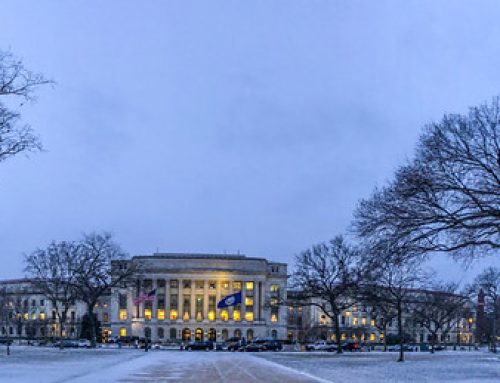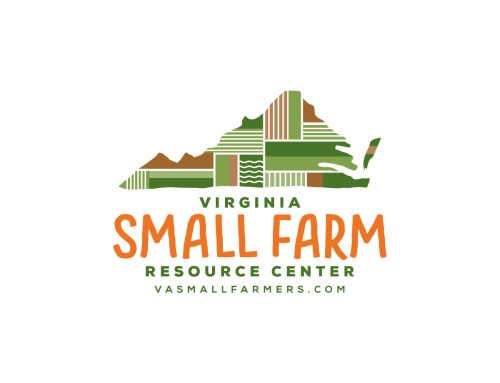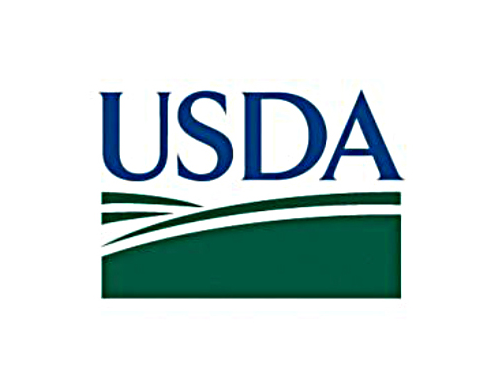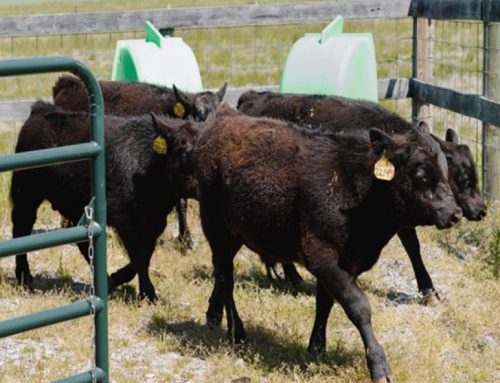Three reasons historically underserved small farmers should apply for funding now
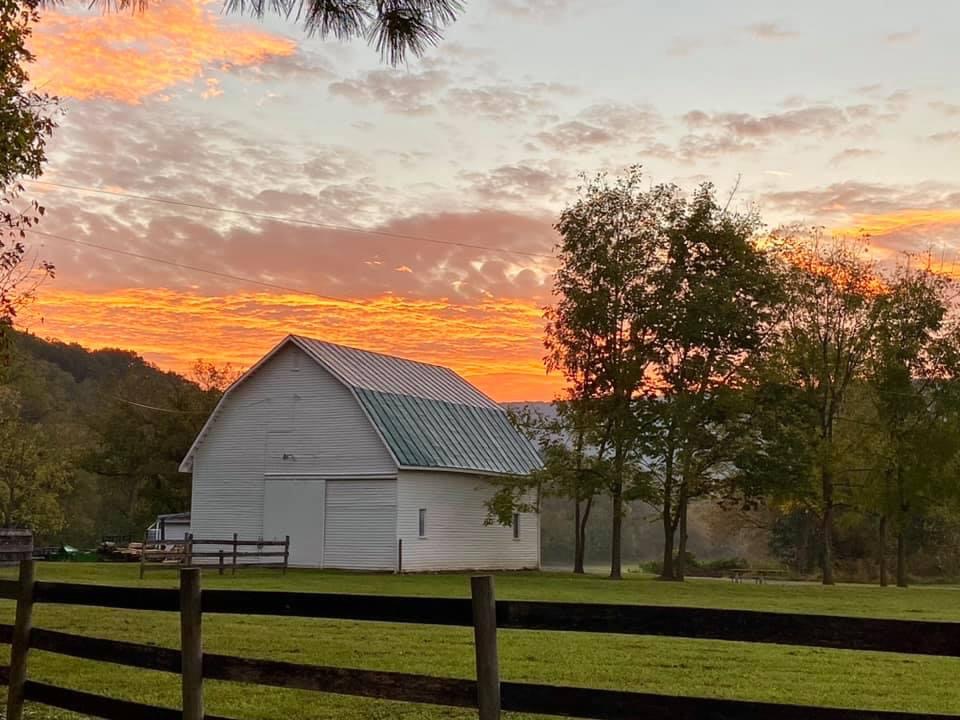
More state funding for conservation practices than ever before is available to Virginia’s farmers — and the Virginia Department of Conservation and Recreation wants historically underserved and all small farmers to get a share.
Farmers can receive up to $150,000 per year in state cost-share funds for conservation practices that protect water quality, conserve soil or reduce fertilizer waste.
But a recent survey (PDF) of people of color and others who own small farms in Virginia suggests these farmers often miss out on funding opportunities.
For example, less than 15% of survey respondents had applied for DCR cost-share assistance in the last three years. More than a third were unaware that these funding opportunities existed.
“The survey indicated that small farmers were significantly more aware of USDA cost-share programs than DCR’s, but what we offer is often more generous,” said Darryl Glover, DCR’s deputy director for dam safety, floodplain management and soil and water conservation.
With that in mind, here are three reasons Virginia’s historically underserved small farmers should apply for cost-share funding now:
1. More money than ever is on the table for Virginia farmers
-hand-holding-corn.jpg)
For a second year in a row, a record-breaking amount of cost-share assistance for conservation practices is available to Virginia’s farmers. Farmers can apply for these state funds at the commonwealth’s 47 soil and water conservation districts.
About $120 million in cost-share funding will be on offer as soon as this summer — a sharp increase over last year’s $73 million (which was, at the time, a record amount).
“The chance that an application wouldn’t be funded because a farm is ‘too small’ is historically low this year,” said James Martin, director of DCR’s Division of Soil and Water Conservation. “We want to hear from first-time applicants, and farmers who applied before but were not funded should definitely try again.”
2. There are fewer barriers to entry
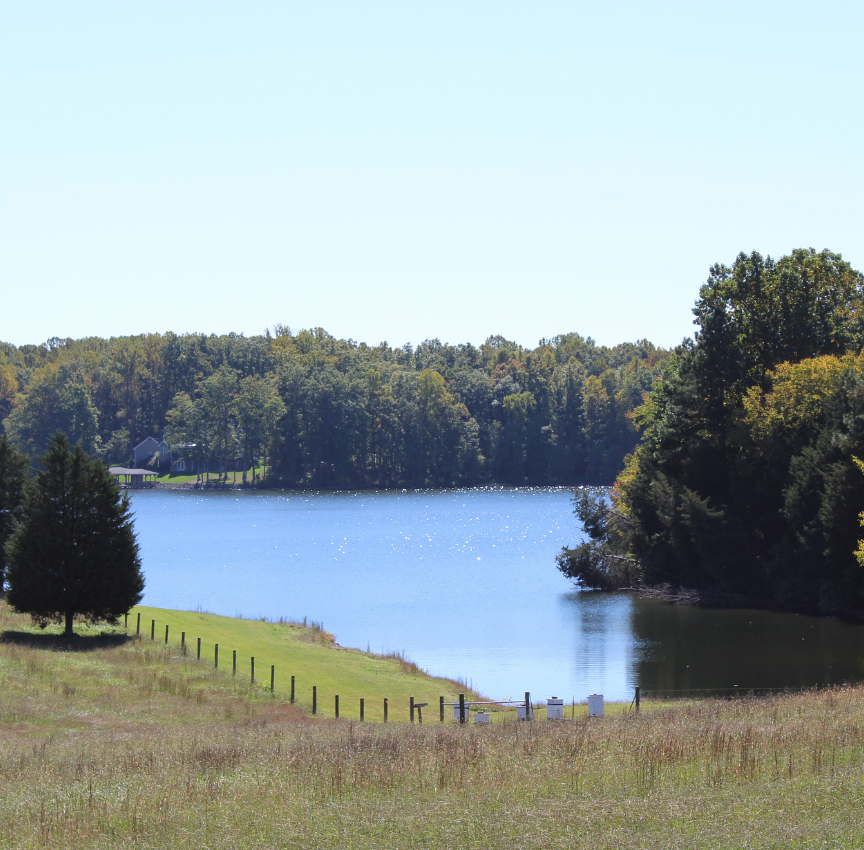
Requirements for participation in cost-share programs are more flexible than in years past. Historically, a farm had to be in business for at least five years to be eligible for these funding opportunities. This year, in some cases, farms as new as three years old could qualify.
There is also more flexibility for those seeking funding to keep livestock away from streams. Under DCR’s updated cost-share guidelines, structural requirements for fences and setbacks are less “one size fits all” than in previous years, Martin said.
In addition, a new Small Herd Initiative program to incentivize small animal operations to implement livestock stream exclusion was piloted in 2021 in selected areas of the Chesapeake Bay watershed. This initiative will expand and go into effect statewide this summer.
3. It’s easier than ever to get information and assistance
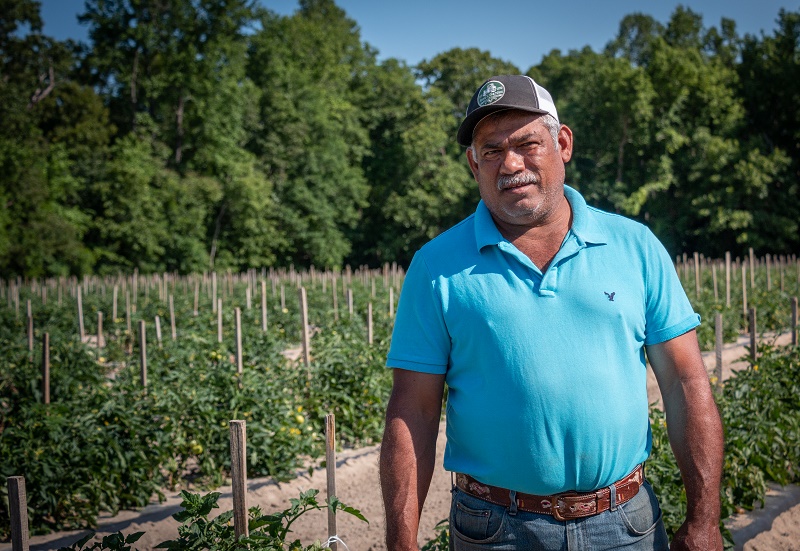
Last year, DCR and Virginia State University began a partnership to better serve Virginia’s small and socially disadvantaged farmers and ranchers. The VSU Small Farm Outreach Program helps farmers manage production, risk and financing and is now also focused on building relationships between minority and other small farmers and their Soil and Water Conservation districts.
“We help small farmers create and maintain a profitable, thriving operation that can be sustained for years to come,” said SFOP Director William Crutchfield.
Through sponsored events, a quarterly newsletter in both English (PDF) and Spanish(PDF) and more than 300 farm visits a year, the program keeps small farmers up-to-date on the latest best practices in production and conservation, and assistance opportunities available through their Soil and Water Conservation districts.
Next steps
- Learn more about DCR’s agricultural best management practices cost-share program for farmers here.
- Contact your local Soil and Water Conservation District for conservation recommendations and a cost-share application form.
- Reach out to the Virginia Small Farm Outreach Program directly at (804) 524-3292 or smallfarm@vsu.edu.

